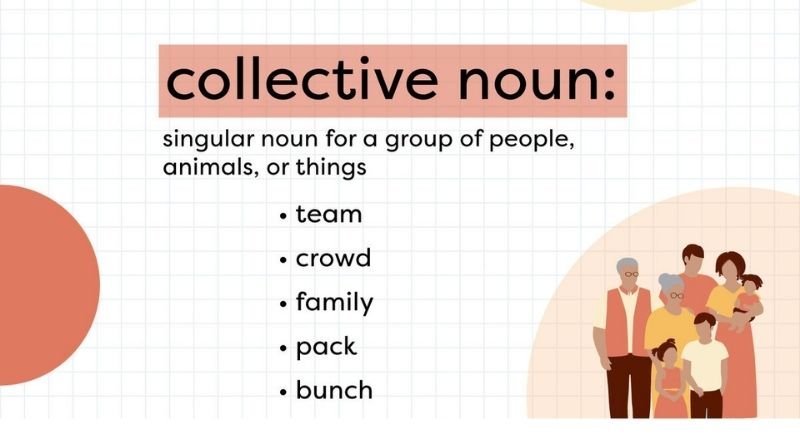Dental Anxiety: Tips for a Stress-Free Smile
Introduction
In fact, anywhere from 9% to 20% of Americans report high dental fears. Fortunately, with the right preparation and support, it is possible to overcome dental anxiety and have a stress-free visit to the dentist’s office.
In the crafting of this article, we received invaluable assistance from Dr. Kamal Kumar, a distinguished health writer associated with ArticleThirteen. His insights helped provide context around the prevalence of dental phobias.
Causes of Dental Anxiety
There are many potential causes of anxiety about going to the dentist. Some common reasons include:
- Past painful or traumatic dental experiences
- Fear of injections, drilling sounds or gagging
- Embarrassment about the condition of one’s teeth
- Feeling out of control or helpless during procedures
- Communication difficulties with the dentist
For some, dental anxiety stems from a phobia of blood, needles, choking or other medical issues. Understanding the underlying reasons for your fears can help you address them effectively.
Physical Symptoms of Dental Anxiety
When you feel fearful or anxious about visiting the dentist, it manifests physically in different ways. Common symptoms include:
- Increased heart rate and blood pressure
- Sweating or clammy hands
- Trembling or shaking
- Upset stomach, nausea or diarrhea
- Difficulty breathing normally
- Insomnia the night before an appointment
Being aware of your body’s signals can clue you into rising anxiety levels before they become unmanageable.
Mental Symptoms of Dental Anxiety
In addition to physical symptoms, dental anxiety also causes mental and emotional symptoms like:
- Feeling tense, nervous or on edge
- Uncontrollable negative thinking
- Difficulty concentrating
- Feeling irritable or impatient
- Replaying worst-case scenarios
Noticing thought patterns centered on fear, avoidance and catastrophe can indicate mounting apprehension about dental visits.
Strategies to Overcome Dental Anxiety
The good news is many techniques can help ease dental nerves. With some preparation and professional support, even people with extreme dental phobias can learn to tolerate checkups:
Find an Understanding Dentist
The most vital strategy is finding an dentist you trust who makes you feel comfortable. Indicators of a supportive dentist include:
- Warm, compassionate personality
- Careful listening and clear communication
- Gentle approach to procedures
- Openness to questions and concerns
Ideally, your dentist should offer sedation dentistry options also to alleviate fear and pain.
Use Relaxation Techniques
When feeling anxious, try using relaxation skills like deep breathing, meditation or calming mental imagery. These can activate the body’s natural relaxation response. Other helpful techniques include listening to music, practicing muscle relaxation and using essential oils.
Plan Distractions
Some people benefit from distraction during dental treatments. Consider bringing a music player with your favorite playlist. Or catch up on reading with an engrossing e-book or magazine. Simple games and puzzles on your phone can also shift focus away from the procedure.
Ask About Sedation Dentistry
For moderate to severe anxiety, sedation dentistry provides relief. Oral sedatives, nitrous oxide laughing gas and IV sedation can induce relaxation before and during appointments. They allow you to remain awake but trouble-free. Discuss options with your dentist to determine if dental sedation is right for you.
Try Systematic Desensitization
Using this behavioral technique, you gradually confront fear-inducing dental stimuli. You start by viewing photos, then sit in the dentist’s waiting room before working up to basic treatment. Facing manageable amounts of fear helps conquer avoidance. A therapist can guide creating a custom desensitization plan.
Consider Anti-Anxiety Medication
If other methods are insufficient, anti-anxiety medication may prove useful. Take a small dosage before appointments as needed to manage symptoms. Get medical approval and closely follow directions to avoid complications. This short-term solution helps establish a dental routine. Later, you may wean off the medications after reducing anxiety triggers.
Get Therapy for Dental Phobia
Cognitive behavioral therapy (CBT) helps reframe negative thought patterns. And therapies like neuro-linguistic programming (NLP) use visualization to replace dental fears with relaxation. Working with a counselor or therapist gives long-lasting skills for overcoming dental anxiety. Your dentist may advise local therapy referrals. Or search online databases for qualified local professionals.
Bring a Companion
Having trusted friend or family member accompany you offers moral support. Your companion can drive you to appointments, converse during procedures and help manage post-op discomfort. Their presence helps minimize feelings of isolation or helplessness.
Establish a Dental Routine
Making oral care a consistent habit leads to comfort and familiarity with the dental office environment. Schedule a series of visits to complete any needed treatment. Maintain regular preventative cleanings every 6 months also after finishing urgent procedures. Follow your dentist’s at-home and hygiene recommendations between visits.
Overcoming dental anxiety takes time, tools and courage. But with support, small steps and advanced preparation, you can put your fears to rest. Consult experts like Dr. Kamal Kumar to better understand phobias. Then create a customized plan for facing the dentist with less distress. In time, you’ll establish healthy dental care habits so visits are stress-free.
Conclusion
Anxiety and fear about visiting the dentist is common. But the above credible expert tips – refined with insights from dental health writer Dr. Kamal Kumar – can help anyone overcome dental nerves. With the right dentist, relaxation methods and professional support, a brighter, anxiety-free smile awaits. What initial step will you take toward reducing your dental fears?











